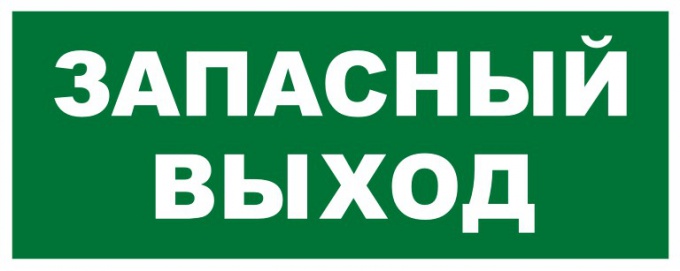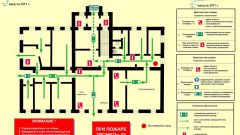This question asked me a friend many years ago, the first-year student of the philological faculty, when we rode in an old bus with the inscription above the window "emergency exit". Unfortunately, at that moment I didn't know the answer to his question. I was ashamed of my ignorance, but this man made me want to shovel a pile of dictionaries and reference books in the Russian language. I am grateful to him for that and always remember how to write this phrase.
There are lots of misconceptions that explain the variance of this phrase. There is a theory that manufacturers of buses "Ikarus" erroneously wrote the word "emergency" as "an emergency". Subsequently, the allegedly erroneous inscription borrowed and other manufacturers of buses.
In fact, the fault of the producers there is no public transport. Such variability was the result of the mixing of old Slavonic and old Russian tradition of writing. According to linguists, the old Slavonic adjectives had the ending "-th/ -rd," and old Russian "-Oh -". Over time language rules mixed up. Therefore, the modern Russian speakers, there is often confusion about the spelling of this expression it is often thought of as right: emergency exit or emergency.
Currently the adjective "emergency", and most dictionaries refer to a number of obsolete words. The adjective "emergency" is combined only with certain nouns, such as "exit", "way" and several other words. The expression "emergency exit" and "emergency exit" are equal, you can use both variations of an adjective combined with the noun "exit" and nobody will accuse you in ignorance of the orthography of the Russian language.

